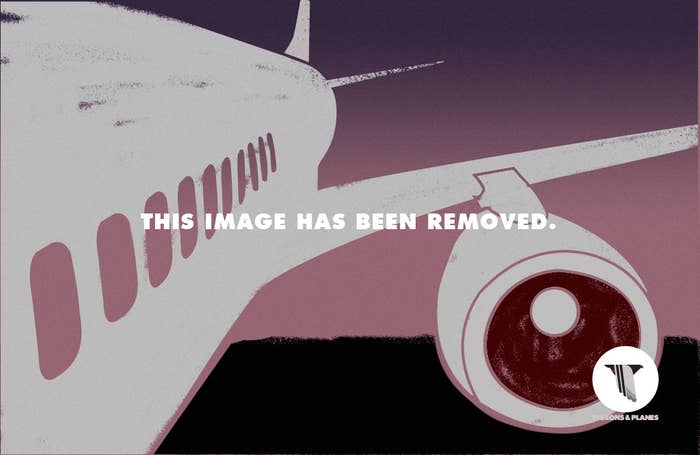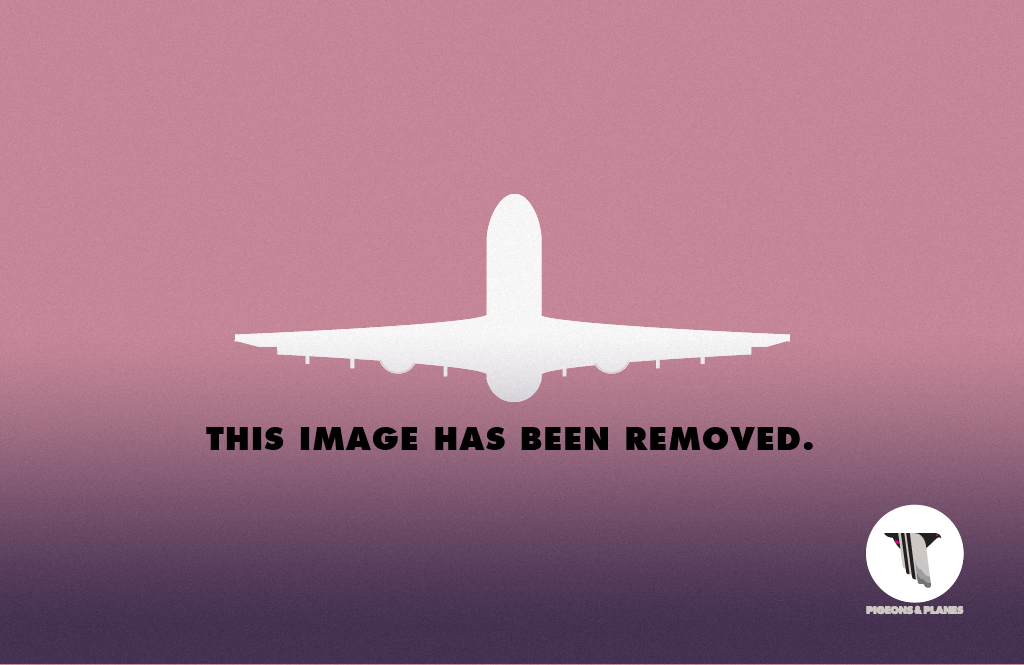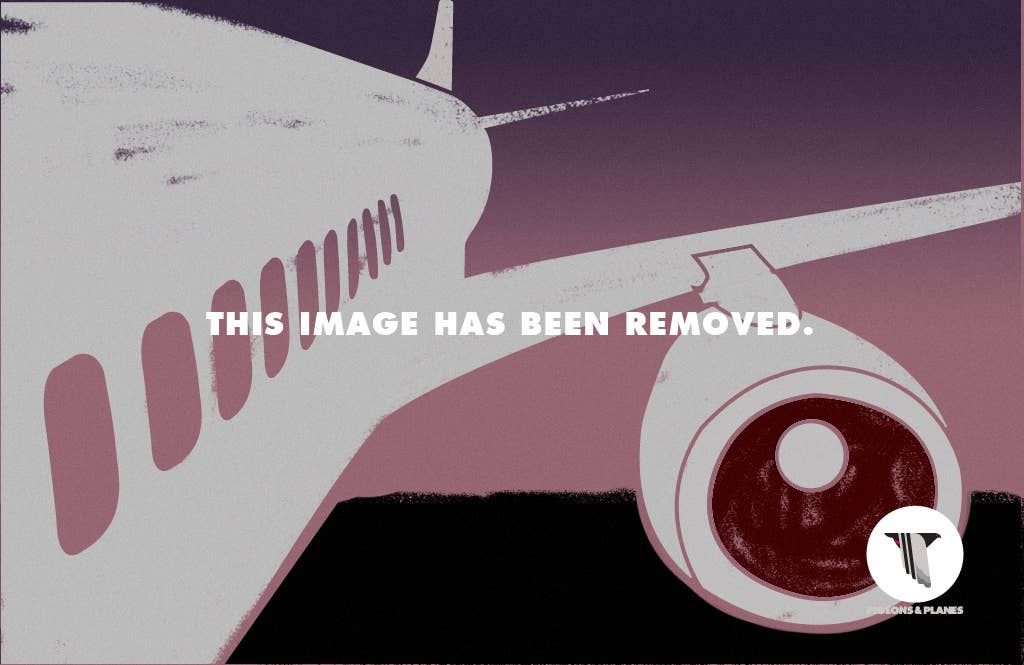1.

Image via kestan.com
By Gus Turner
There are three things in life that universally suck: death, taxes, and middle school. I don’t know much about the first two, but I can tell you, empirically, that the third is especially true. In 2004, I entered sixth grade, kicking off a three-year tailspin of angst and alienation that, mercifully, I came out of more or less unscathed. I didn’t know it then, but in the same week that this nightmare began, a small, relatively unknown band called Arcade Fire was releasing their debut LP, Funeral. Today, that album turns 10 years old. Today, I am no longer in middle school. Both of these things are worth celebrating.
Around Funeral’s release, my family and I lived on thirty acres of unused farmland outside a small town in Northern Michigan which was surrounded by nothing but other, even smaller towns, essentially stuck in the middle of nowhere in the middle of nowhere. Before my parents split up and my older siblings went to college, there were six of us in our house, but even then, we had too much space and too much solitude. Isolated and unmotivated, I spent most of my time in my bedroom trying to figure out how to be happy.
Like most #teens, I felt ugly, unappreciated, and less than zero most days. It happens pretty easily when you start to fall in love with other people and you don’t why it’s happening or how you’re supposed to go about it. In sixth grade, I wrote a love letter to a girl and had a friend of mine leave it in her locker. It was a wildly unsuccessful maneuver that left me with my head in my hands on a classroom desk, feeling very Milhouse-ish. I spent a lot of time like that, frustrated by my very young and very stupid heart.
3.

A year later, in seventh grade, I was introduced to Arcade Fire. One day, while going through a long list of pirated music that my older brother had brought home with him from college, I stumbled upon their name. I didn’t know anything about Funeral or them. They just sounded cool. After listening to a couple songs, I put them on my iPod, and before long “Neighborhood #3 (Power Out)” became a mainstay on my playlists, right alongside, strangely, “Crunk Muzik” and a handful of Juelz Santana hits. On the weekends, I spent a lot of time playing The Legend of Zelda: Ocarina of Time with the sound off, blasting Arcade Fire and Dipset from my bedroom.
The mix was nonsense, but when I think about middle school, that’s still the first memory that comes to my mind. Funeral was a soundtrack to my life then, guiding me through all the overly emotional confusion that lingered like a sickness. I spent a lot of time in my bed looking out my window at the empty countryside, living out a sappy metaphor. Love made absolutely no sense to me at the time. Everything happening around me—the peer rejection, my parents’ divorce—made the idea seem untenable. I won’t say that Arcade Fire restored my hope for it, because they didn’t. When I listened to “Wake Up”, I always heard Win Butler saying, “You better look out for love,” instead of, “You better look down below” at the song’s end. It was a Freudian slip, but also hugely indicative of where my head was at. And despite the fact that I couldn’t correctly pronounce “Une Annee Sans Lumiere” or half of its lyrics, I still fell asleep to it every night, watching the moon rise over the trees, thinking about whoever I crushing on at that particular moment in time (trust me, it changed pretty frequently). Symphonic and overpowering, the album had an unmistakable gloom that couldn’t be misinterpreted.
Simply put, the music was sad, even without my revisions. Said Robert Christgau about Butler’s “histrionic” lyricism when reviewing Funeral, “He’s retained a sense of the ridiculous, which is more than you can say of most young twits who sing about losing a grandparent (or whoever).” What he means is that Arcade Fire is committed to its ideals and its worldview, no matter how overwrought they may be. The album paints the world as a dark, shadowy place, where empty streets are lined with ice and snow, perpetually sunk in Canadian winter.
Contextually, the only resemblance my hometown shared with Funeral is cold weather. I couldn’t relate to the death that preceded its release (Win and William Butler and Richard Reed Parry lost family members in ‘04 while Regine Chassagne’s grandmother passed away in the summer of ‘03). But as a 13-year-old boy midway through junior high, melodrama and melancholy had become second languages to me. Of course I knew what it meant to wonder if everything was a dream or if it was a lie, however vague “it” might have been. And, in America, where even I was old enough to be cynical about George W. Bush, Arcade Fire arrived as the sort of romantic revolutionaries that we were all too happy to embrace. Histrionic or not, you had to admire the fact that Butler and his gang were roused enough to offer any type of rebuttal to the era’s pigheaded, unapologetic patriotism.
Funeral’s politicism wasn’t perfect, but its passion was inspiring. There will be a lot of talk about Funeral’s legacy today, and it’s all well-deserved. It was a ground-shaking introduction, broad in scope and rich in detail. “Rebellion (Lies)” and “Wake Up” were two songs that captured the zeitgeist of the aughts, both for better and for worse. An artisanal sentiment arose from the more baroque, too-cute aspects of Arcade Fire’s style. They were copied wholesale, but never executed as well. You can make the argument that, in hand with its Goethe-esque romanticism, Funeral aggravated a generational sadness whereby certain truths could feel even bigger and more depressing and more inescapable. The 2009 film Where the Wild Things Are, which heavily featured “Wake Up” in its promotional material, is a perfect example of the giant, unresolved melancholia we feel about leaving our respective childhoods to face the vacuum of adulthood.
How else can you describe “Wake Up”? Its greatest legacy is a wordless echo shouting into empty space. We’re all screaming out, trying to curb the inevitable. “Now that I’m older, my heart’s colder, and I can see that it’s a lie,” Win Butler sings, reminding us that there’s nothing more strangely discouraging than growing up. We can be “a million little gods” or we can just watch as “our bodies get bigger but our hearts get torn up.” It’s both easy and hard to control.
Freshly graduated from college, I’m still learning how to navigate this balance today. Thankfully, my coping methods have improved since Funeral’s release. I don’t sit in bed hoping that something good will happen like I did when I was kid. I try not to spend too much of my time pitying myself when something goes wrong. It’s obnoxious. At some point, as a basically healthy and well-off human being, I had to learn how to align my trust in both myself and the people around me, despite the missteps I endured in the past. In the grand scheme of things, a middle school relationship, or the lack thereof, shouldn’t amount to much of anything.
But, like many others, there are still days where I find comfort in sadness. In fairness to Funeral, that’s also a key aspect of the album’s conceit: making something useful out of the countless dead ends we encounter in life. If I want it to be, the melancholy and frustration that pervades the album is as relevant as ever. Even a decade later, as we and the world and Arcade Fire have all moved on from ‘04, these elements of the album remain universal. They can still be cathartic. It doesn’t matter whether you’re young or old or from Montreal or Northern Michigan: every now and then, we all pray for rain.




